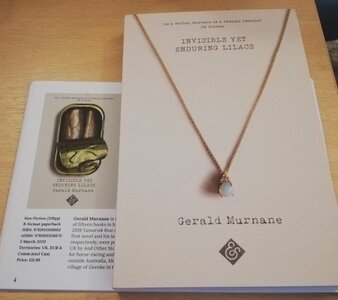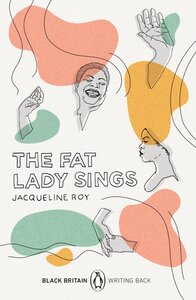Time for something a little different today: a dramatic monologue. Darina Al Joundi is a Lebanese writer and actor now living in France. She first performed this one-woman play in 2007. She co-wrote a novel based on the play which has previously been translated into English, but this is the first English translation of the play itself. The translator is Helen Vassallo, who runs the excellent blog Translating Women (she’s written a post here on how she came to translate the play.
Al Joundi’s protagonist is Noun, whose father was a secular freedom fighter in a strict Muslim family. She interrupts his funeral, locking herself in the room with his body. She is there to carry out his wish to have Nina Simone’s ‘Sinnerman’ played at his funeral, rather than recitations from the Qu’ran. The monologue is Noun’s reflection on her life in Beirut, and on her father’s influence.
Noun’s father encouraged her to live as she wanted, and didn’t judge her. In turn, she looked up to him. For example, as a girl Noun tells her father that she wants to wear a bra. He warns her that she’ll find it painful and constricting, but she insists and he goes along with her wishes. Noun soon discovers that he was right.
There is humour running through Noun’s story, but she also experiences great violence – both personally and as part of the war escalating around her. In time, she has cause to question whether her father appreciated how free his daughter might really be in a society that didn’t share his values. Noun comes across as a vivid, complex character in this thought-provoking piece of work.
Published by Naked Eye Publishing.













Recent Comments